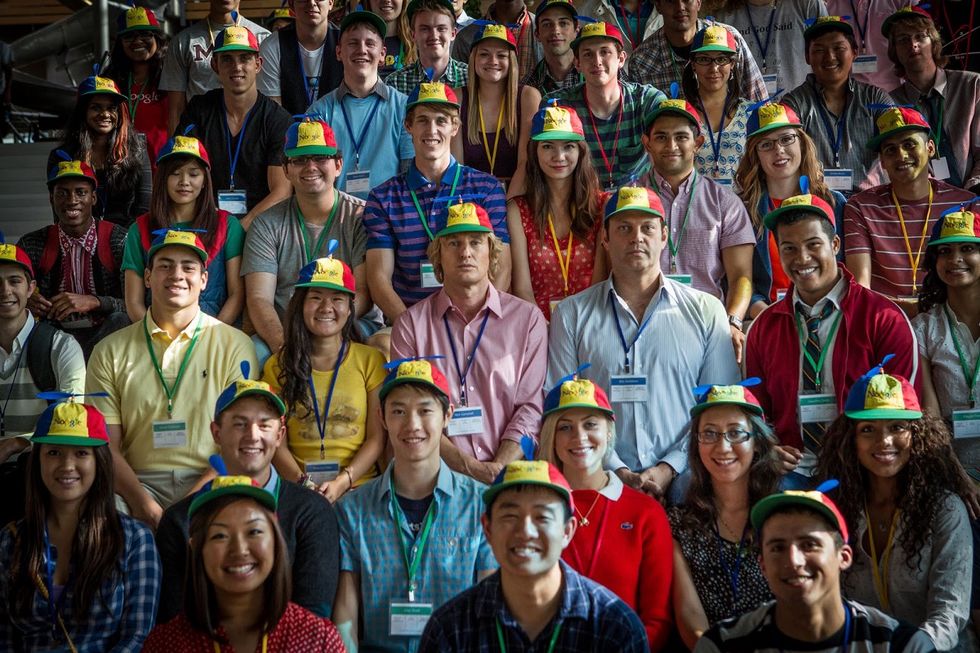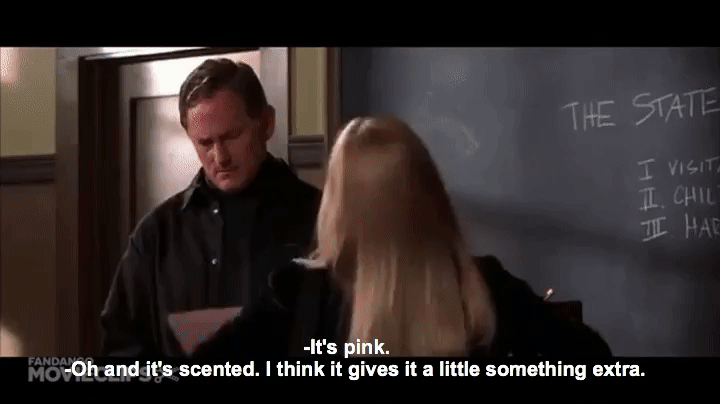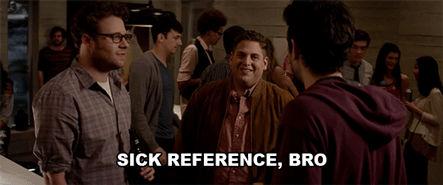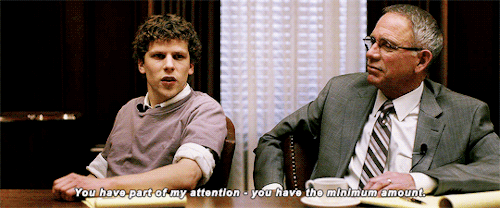If you haven't made a résumé, make one. If you have made one, update it.
Employers want to know what experience and skills you have! My résumé includes past work experience, leadership experience (if you're an officer for a club, team, etc), and research projects. I have also listed my college degree and some professional and technical skills. Your résumé should only be one page. Period. It's easy to go on and on about all the cool stuff you've done in order to impress a potential employer. However, they only care about the relevant cool stuff you've done. Pick and choose what experiences and skills you wish to include in your résumé! Also, remember, résumés are not "one size fits all". Tailor your résumé to the position to which you're applying!Compile a list of references.
References are individuals who can speak on your behalf if contacted by a potential employer. They can be professors, mentors, or past employers who can say things like "I've known ______ for ______ years. I think they would be a great fit for the _______ position." References should be people who can say positive things about you and "talk you up". Always ask someone's permission before adding them to your list of professional references.Step up your LinkedIn game.
I love LinkedIn for many reasons. LinkedIn allows you to connect with alumni from your school, but it also makes you look professional (if you use it correctly). LinkedIn has job postings from small businesses to international conglomerates. You can tailor job search results to your experience level, location, education level, and desired work environment. By becoming a LinkedIn all-star, you'll end up in more searches by employers -- I'm not saying you'll automatically be head-hunted, but you'll show up as a viable job candidate more so than someone who has a crappy LinkedIn profile.My LinkedIn tips:- Update your education and job experience. This will allow you to connect with alumni and other employees.
- Create a "summary". This is a professional summary of what you do. "Describe your professional life in one sentence."
- Upload that updatedrésumé!
- Create a headline. This is a one-liner about your current work or education. (ex. Junior Politics Major at Centre College).
Search for internships that fascinate you. Look for positions in which you're genuinely interested.
When people ask me, "How did you get an internship with NASA?" I say, "I Googled it, and then applied." It really is that simple. Use general search engines to see what opportunities are out there, then you can narrow down the results. Websites like Indeed are good for filtering results, and the positions listed on specific job-finding websites are typically up-to-date.- Make a spreadsheet of positions you're eligible for and interested in.
- In the spreadsheet, include required materials for each position, links to applications, when the internship terms begin and end, and application deadlines.
- Set reminder notifications on your phone/computer for each position so you won't forget about different applications/submission deadlines.
Always have a really good recommendation letter on hand, even if you may not need one for some positions.
Take advantage of your network! Find someone with whom you've closely worked in the past or an instructor, and ask them to write a recommendation letter. You should have a close, working relationship with whomever you ask to write a recommendation letter. You may also ask public officials to write recommendation letters on your behalf (if you know them, of course). For example, I asked my Congressman (with whom I've worked in the past) to write a recommendation letter for me. I sent his communications director a copy of my resume and a list of accomplishments/skills that I wanted him to include in the letter. Former bosses, teachers, or co-workers are also individuals who can write a letter of recommendation for you.
JUST. APPLY. ALREADY.
The number one reason people don't get internships is that they don't apply for them. A fellow student once told me he was "afraid" of applying for internships at NASA, Lockheed-Martin, or the White House because the "competition is so tough" that the employers may not even consider him. SO WHAT?! If you don't apply, they sure aren't going to consider you because, then, they can't. If you apply, at least you've thrown your hat into the ring. After you apply for an internship, you've pretty much done all you can do until someone from the employer reaches out to you. It's quite easy to start an application and leave it sitting until after the deadline has passed. Don't let your applications die! Just apply already! If you've already put in the work of typing out your information, double-checking your eligibility, and attaching required materials in the application, see it through. What's the worst that could happen?
As a bonus, below, I've included a list of online resources I use (in addition to the hyperlinks within the body of my article) in my pursuit of finding summer employment.
May the odds ever be in your favor. Good luck, friends.
- InternQueen
- Internships.com
- WayUp
- USA Jobs (for government positions)
- NASA One Stop Shop Initiative
























